Biodiversity

Studying organisms across the five kingdoms, find out how our research is helping answer the big questions about past, present and future biodiversity.
These research themes bridge across the Department, enabling new opportunities for wider collaboration.

Studying organisms across the five kingdoms, find out how our research is helping answer the big questions about past, present and future biodiversity.

We study the evolutionary process from micro to macro-evolution to resolve key problems in fundamental, applied and evolution education research.

From plant immune systems to synthetic biology, find out how we're helping increase crop plant resilience against extreme temperatures, drought, and pathogens.

Discover how we're addressing the rapid rise of antimicrobial resistance (AMR) and the challenges of emerging microbes with epidemic and pandemic potential.

From conception to death, our research addresses developmental and homeostatic mechanisms and the detection, treatment and prevention of their dysfunction.
Find out more about the post doctoral research community at Bath.
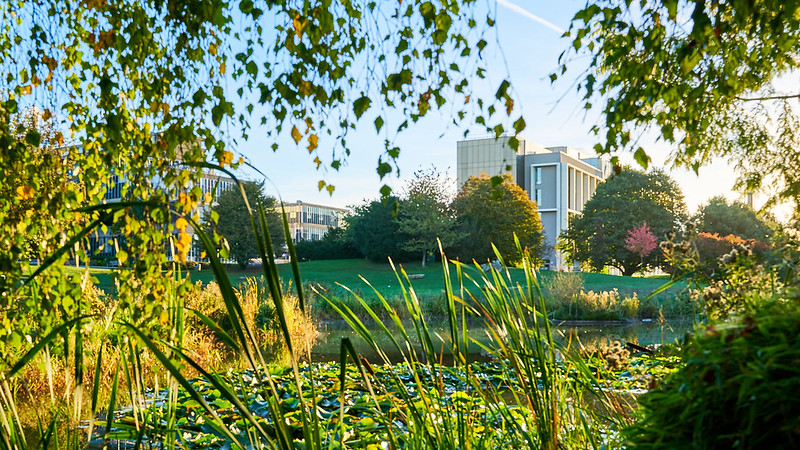
Visit the website for the Post Doctoral Society in the Department of Life Sciences.
Our research centres build a lively research community across intra- and interdisciplinary fields.

We transform innovation, arisen from basic research, to diagnostics and prognostics, medicines design and delivery, leading to personalised medicine.

We are a unique, cross-faculty research centre bridging biology, health and education.

Our mission is to improve cancer patient outcomes by fostering links between Bath’s scientists and clinicians.
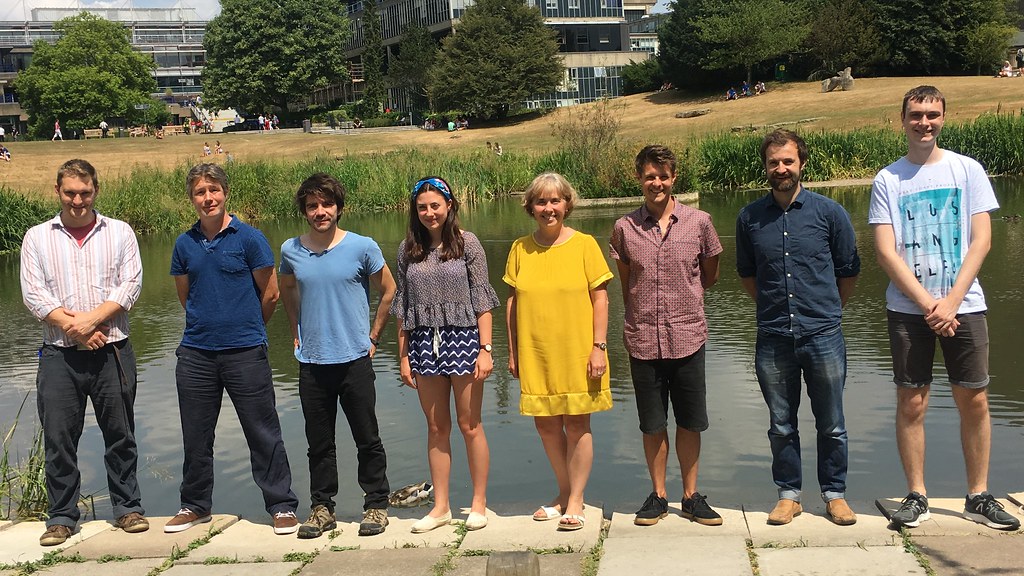
We translate living systems into mathematical models in order to make quantitative predictions and inform biological experiments.

An interdisciplinary group from psychology, biology and biochemistry, pharmacy and pharmacology, physics and computer science and local hospital research teams.
99% of our submitted research activity was ranked as ‘world-leading’ or ‘internationally excellent’ in the most recent Research Excellence Framework (REF2021).

Despite big changes to their medication regimens, people being treated for drug addiction appear to be coping well in the pandemic.

A new prognostic tool developed by an international team led by CTI-Bath paves the way for personalised medicine for cancer patients.

People low on selenium are at risk of paracetamol overdose, even when they follow dosage recommendations, according to research involving Bath.
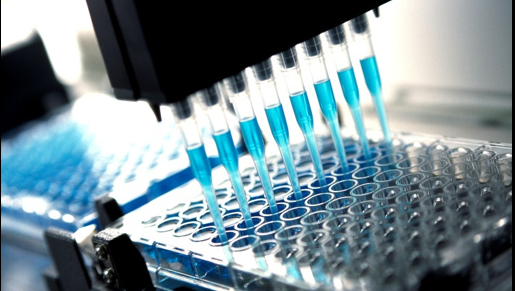
High-quality lab procedures are even more crucial to identifying effective drugs than previously thought, new research from the University of Bath reveals.

The NHS is changing the way it writes its guidelines for giving injections in hospitals, following groundbreaking research from the University of Bath.

A Bath team has been shortlisted for this year’s Emerging Technologies Competition run by the Royal Society of Chemistry.
100% of our research environment achieved a 4* or 3* rating, defined as 'world-leading' or 'internationally excellent' in the most recent Research Excellence Framework (REF2021). Learn more about how our research helps to shape a better future.
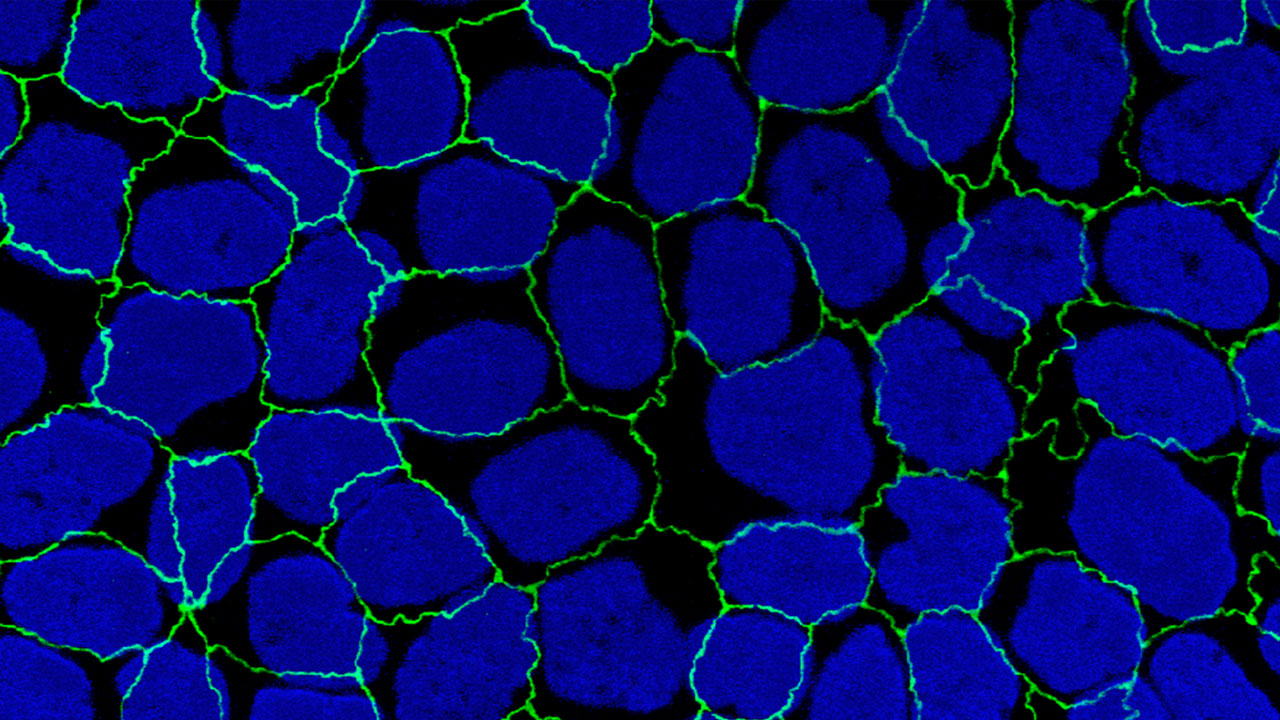
CiteAb, a new impartial citation-based search engine, is shaking up the $2 billion antibody industry.
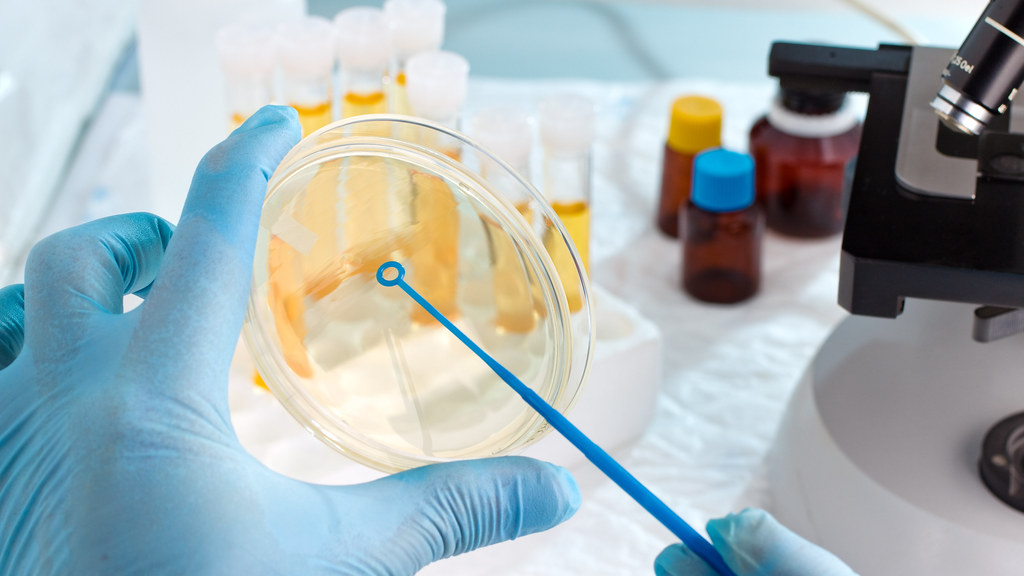
Bath researchers collaborate with Sapience Therapeutics to find new treatments for cancer cell targets that don't respond to other drugs.

Bath scientists have discovered a series of protein structures that are thought to be highly relevant to the onset of Parkinson’s disease.

For the first time, scientists have added microscopic tracking devices into the interior of living cells, giving a peek into how development starts.

Overuse of antibiotics, high animal numbers and low genetic diversity from intensive farming increase the risk of animal pathogens transferring to humans.

Scientists at the Milner Centre for Evolution looked at the evolution of the virus that causes Covid19; their findings could help the design of a new vaccine.
Explore our state-of-the-art facilities available for teaching, research and industry with expert support from University staff.

The light microscopy network at Bath provides its users with advanced level confocal and fluorescent microscopes as well as training and advice.

A multi-user facility providing protein expression and purification services to researchers across the University and beyond.

This GW4 facility is located in Bristol and provides access to cryo-microscopy and analysis tools to study molecular processes responsible for cell function.
The Milner Genomics Centre provides genome sequencing and analysis for evolution research.
We offer projects over a broad spectrum of subject areas. Projects are available as part of Doctoral Training Partnerships as well as on an individual basis.

Bath hosted multidisciplinary CDT, exploring the boundaries between chemical sciences and engineering.
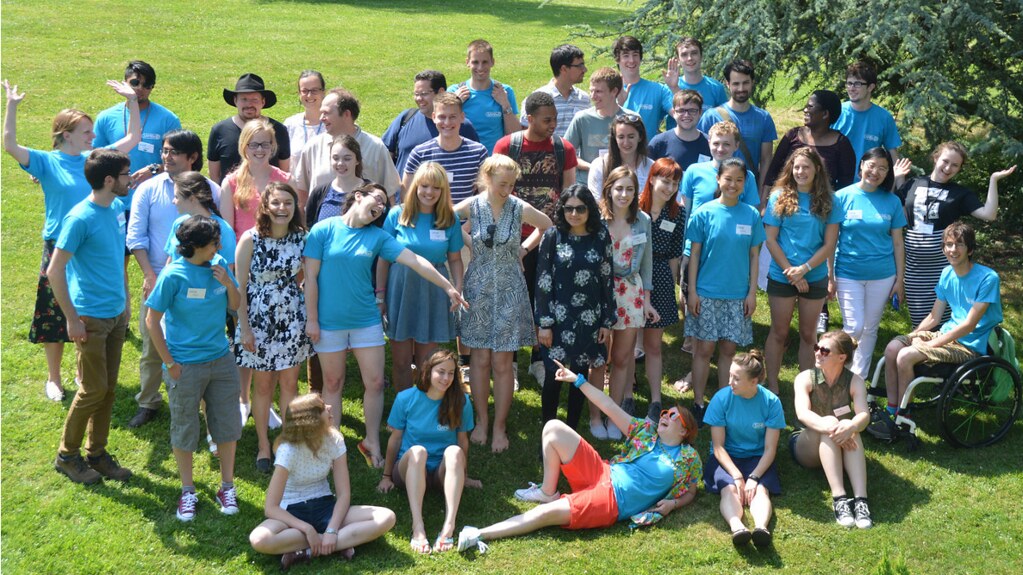
Delivering excellent training and research at the interface of applied mathematics, numerical analysis, probability, and statistics.

The GW4 BioMed MRC Doctoral Training Partnership aims to develop both medical and non-medical students into the next generation of medical researchers.

NERC GW4+ DTP in environmental sciences is a community of Earth, Environmental and Life Scientists.

SWBio DTP in food security & bioscience trains PhD students in the biosciences for leadership positions in academia, industry and beyond.

Find out about our PhD degrees, funding opportunities and how to apply.